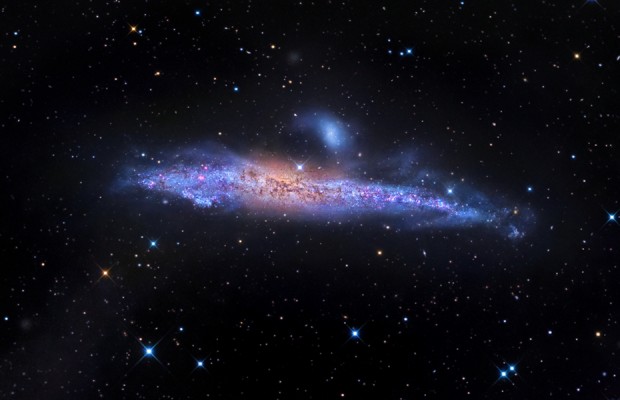- Home
- News
- What’s On
- Activities for Children
- Arts & Crafts
- Autos and Bikes
- Business events
- Car Boot & Auctions
- Charity events
- Churches & Religious
- Comedy
- Dance
- Days out & Local interest
- Education
- Exhibition
- Film
- Gardening & Horticulture
- Health
- Markets & Fairs
- Music
- Nature & Environment
- Spiritual
- Sport
- Talks and Discussions
- Theatre and Drama
- Business
- Local Information
- Jobs
- Deaths
- Charity events
- Contact Us
Astronomy picture of the day

Image Credit & Copyright: R Jay Gabany (Blackbird Observatory)
Collaboration: David Martínez-Delgado (University of Heidelberg), et al.
Source: http://apod.nasa.gov/apod/lib/about_apod.html

You must be logged in to post a comment Login